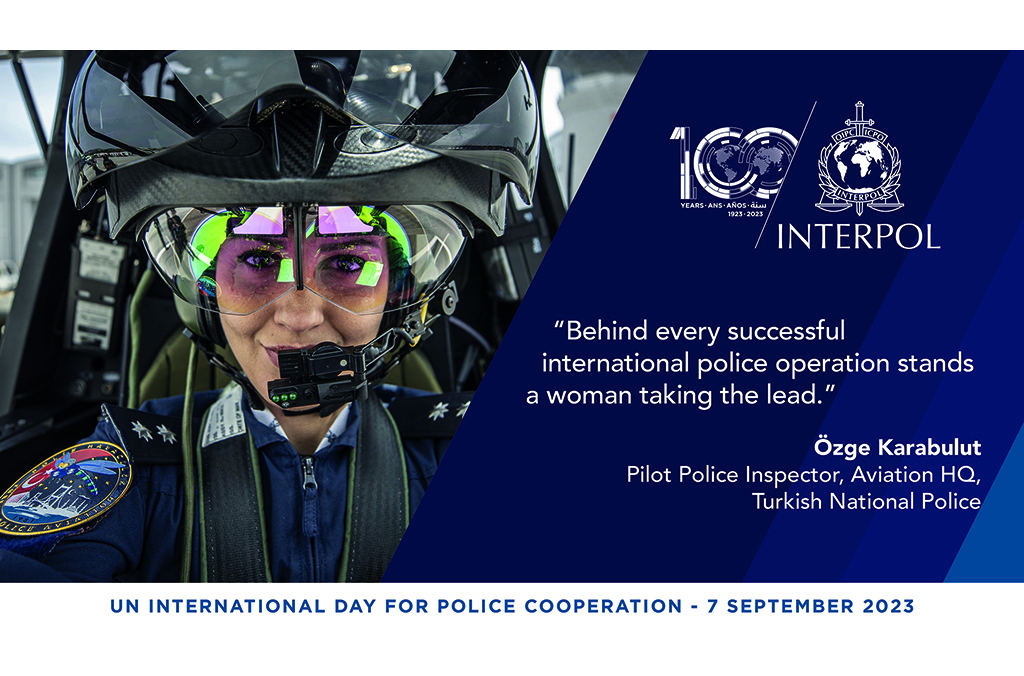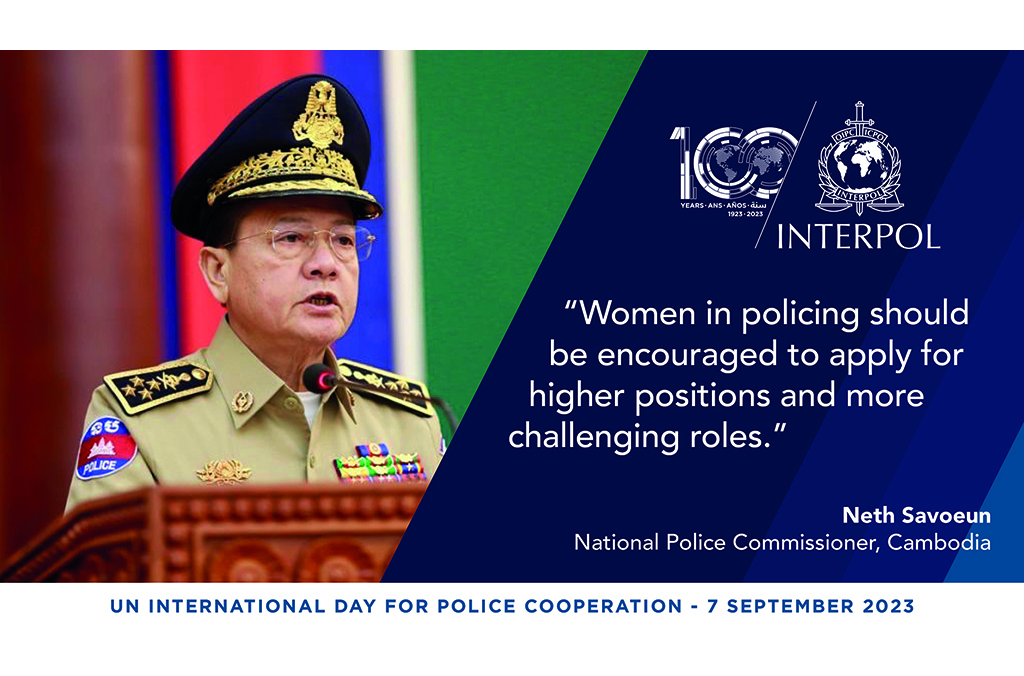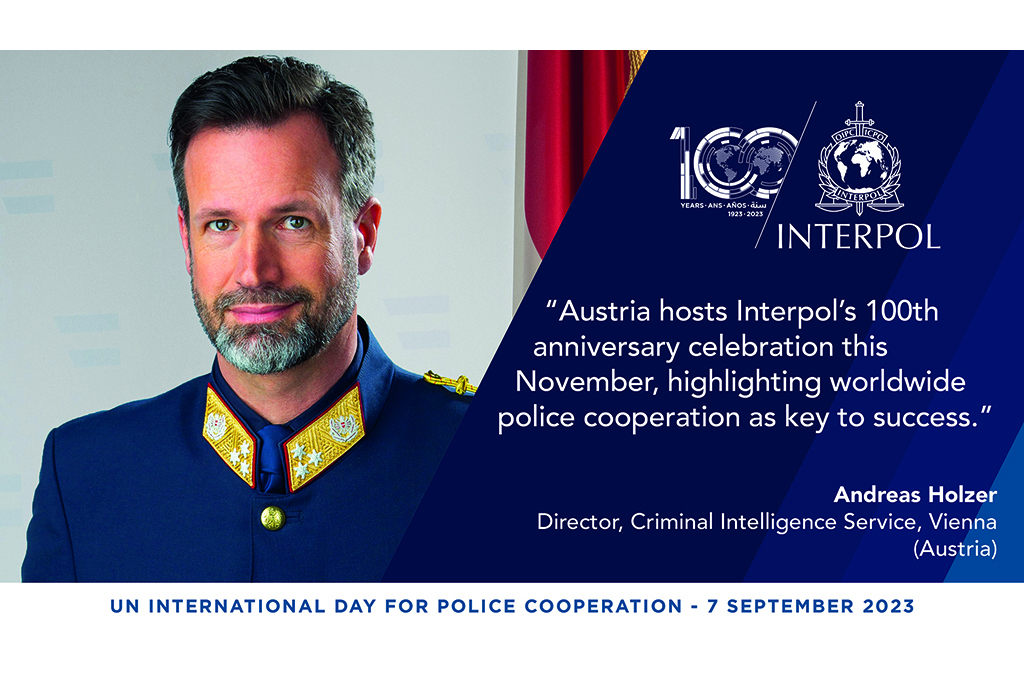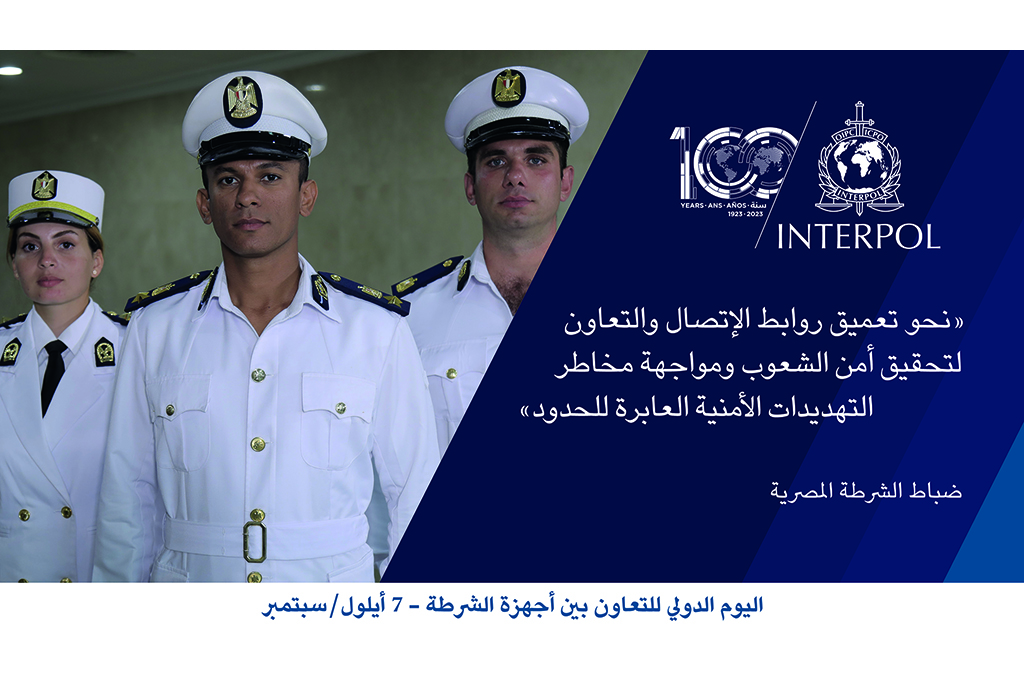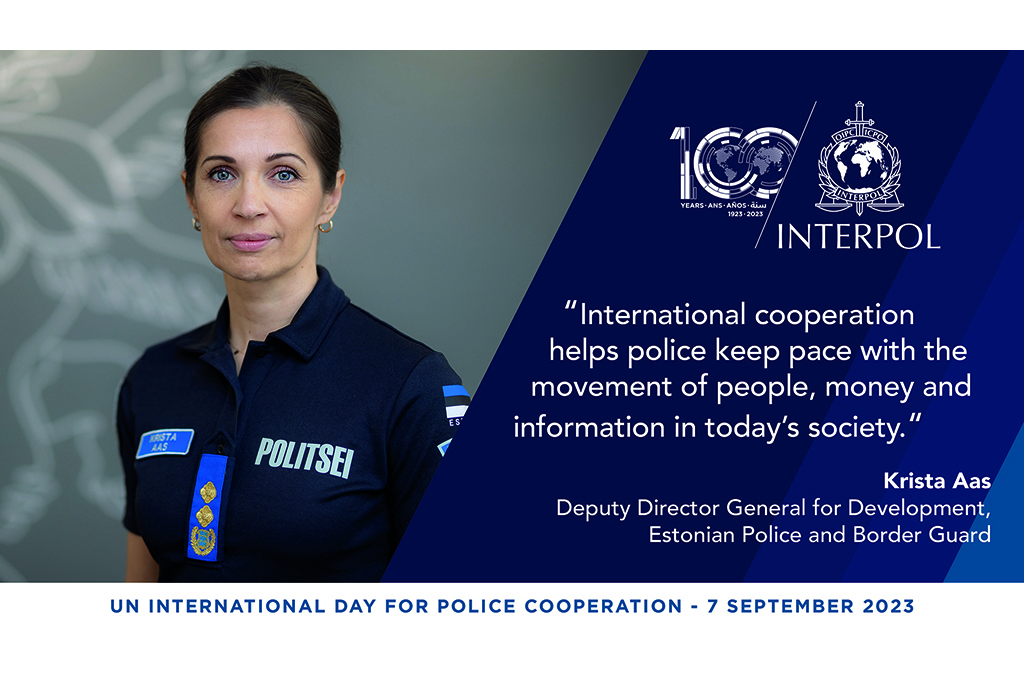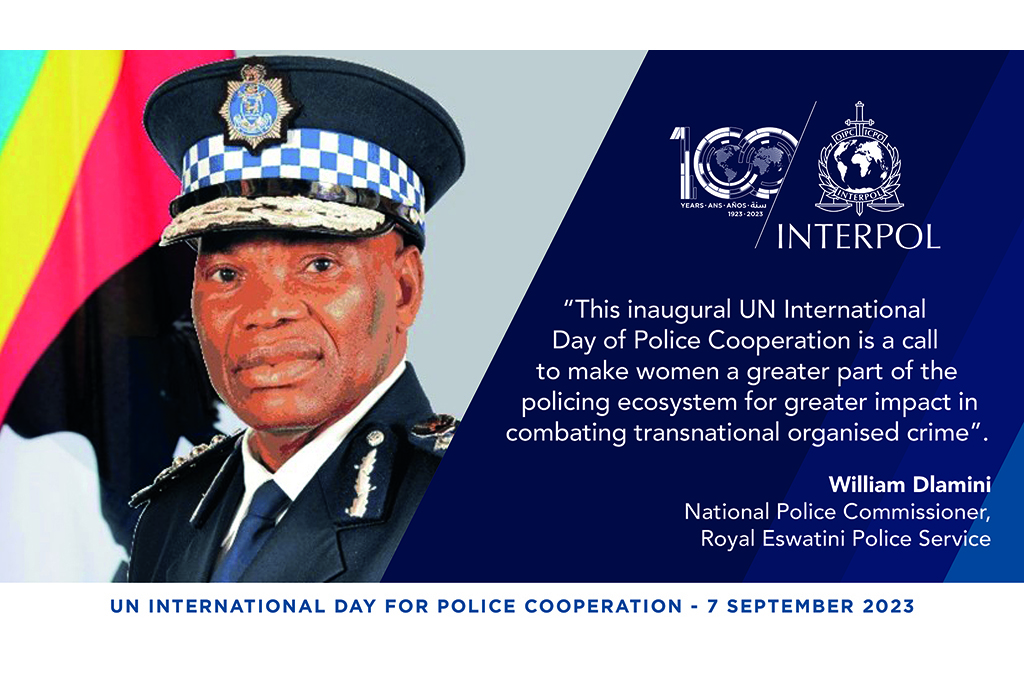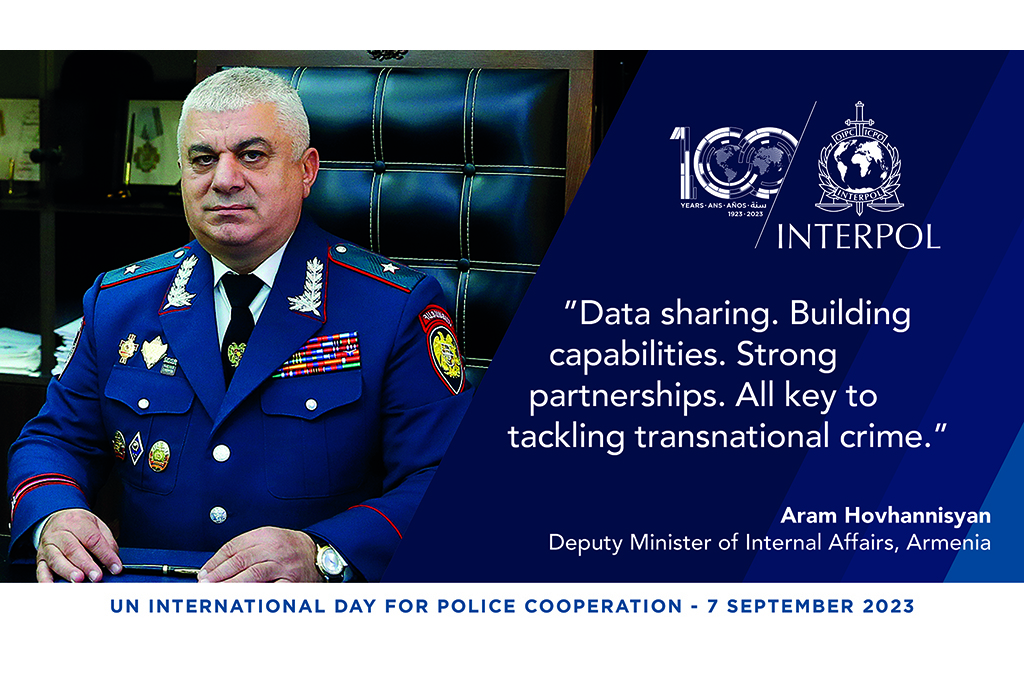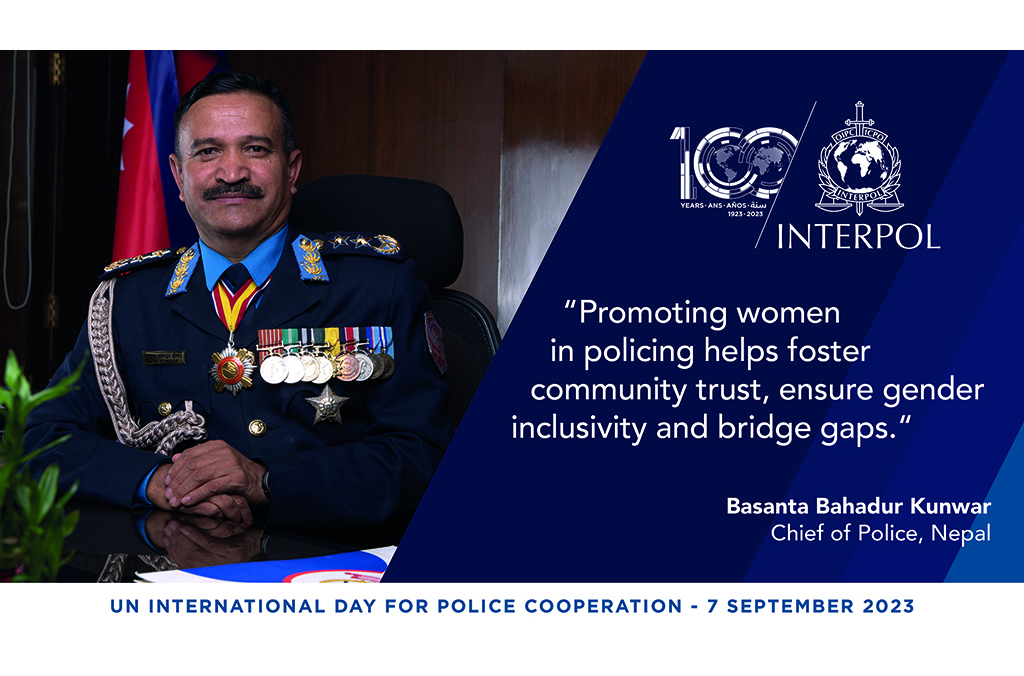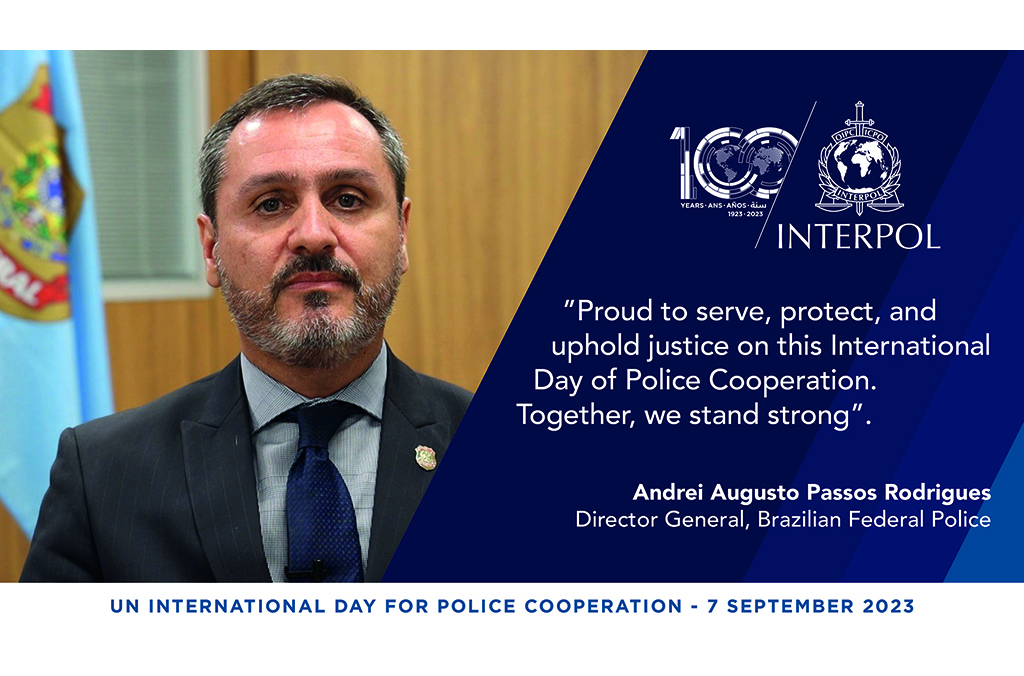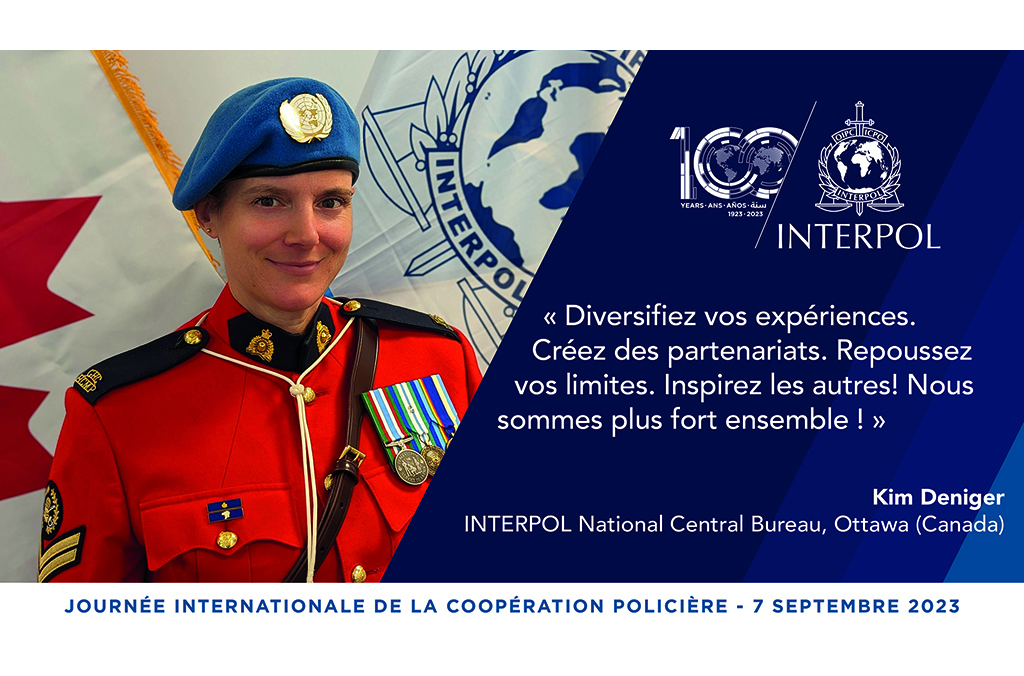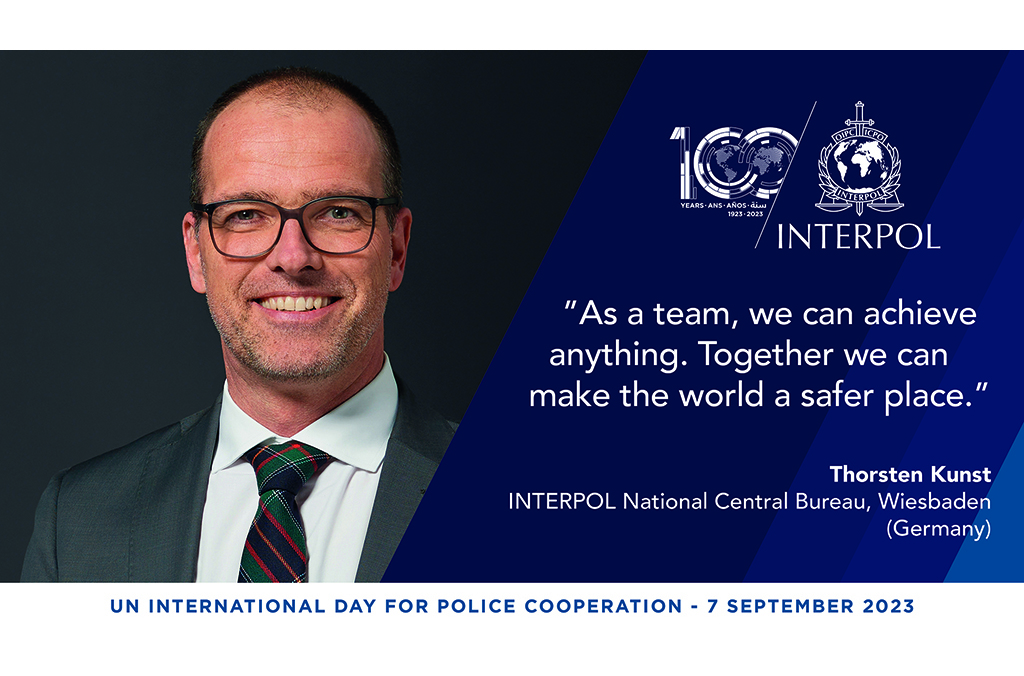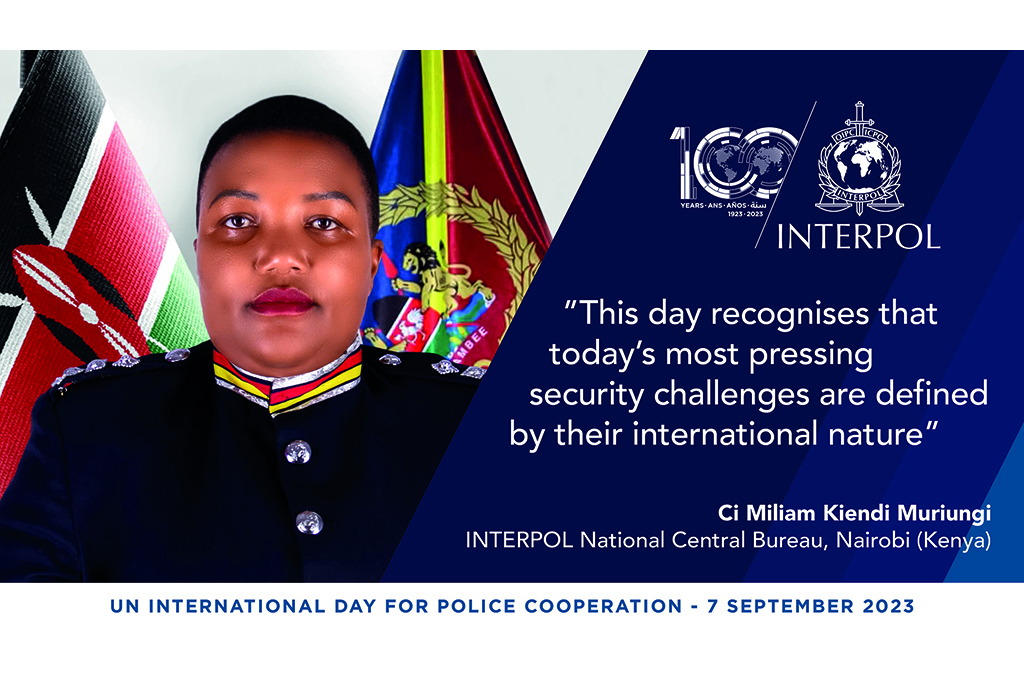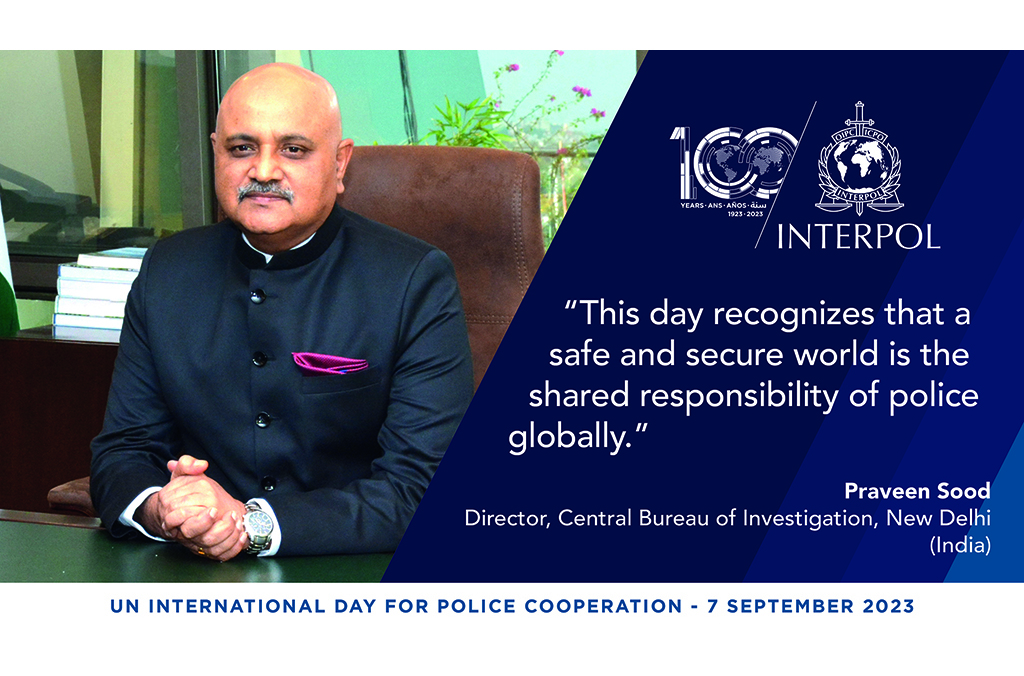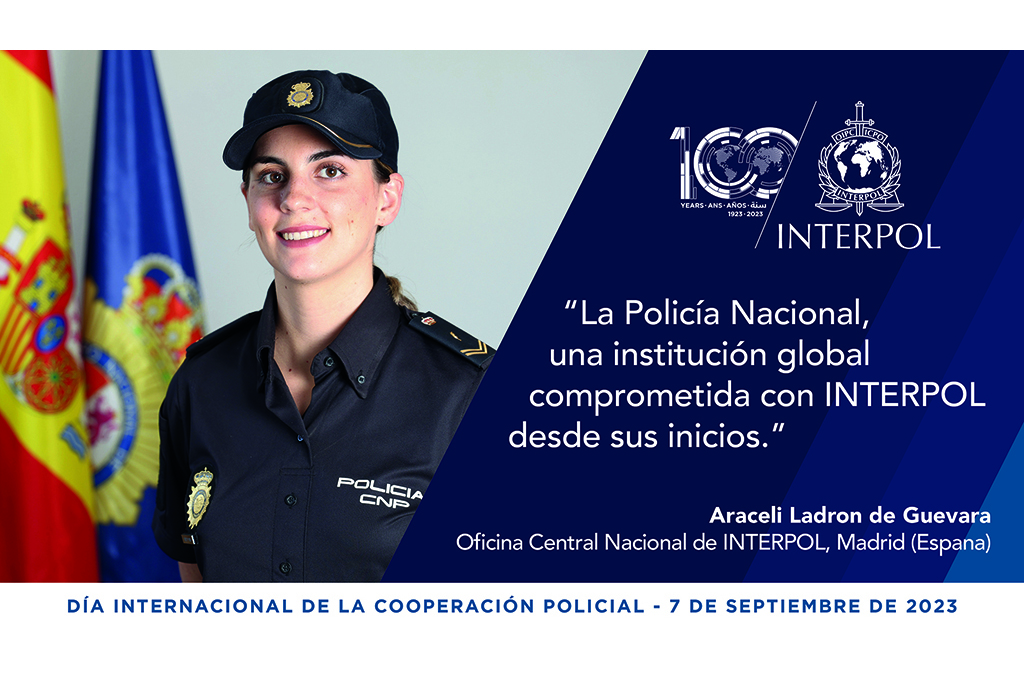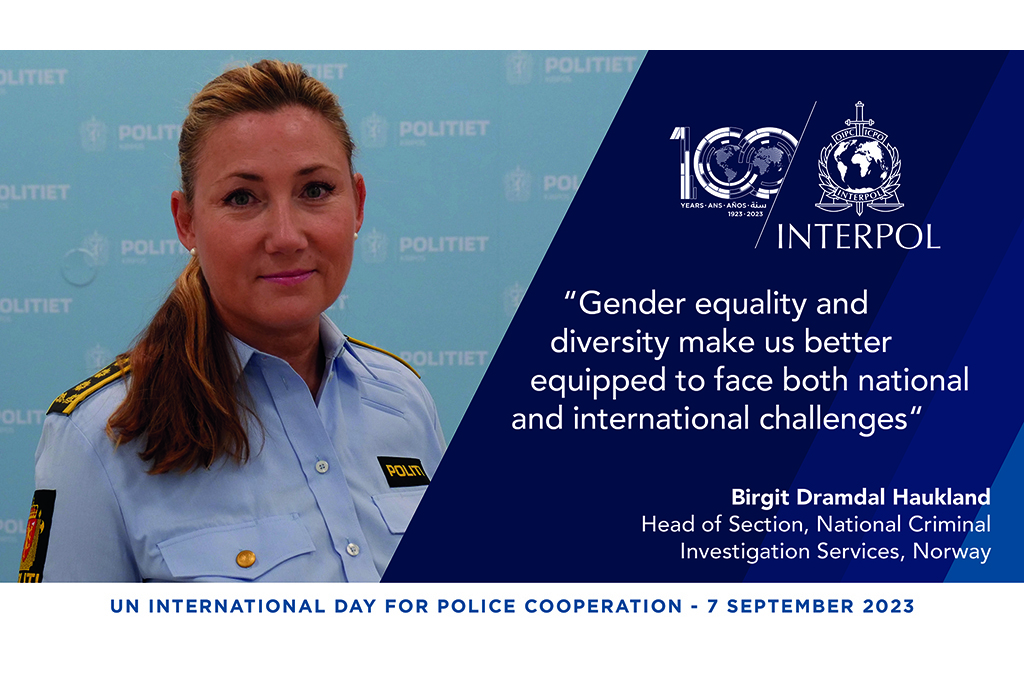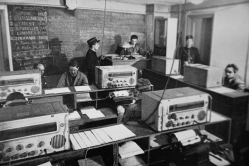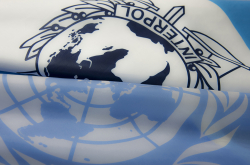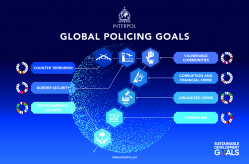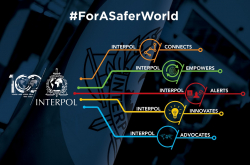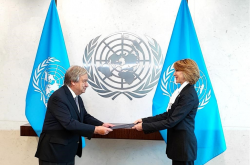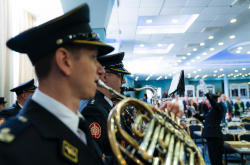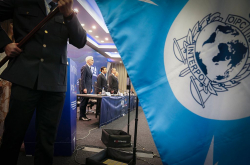Why a UN International Day?
The United Nations has designated 7 September as the International Day of Police Cooperation. This was marked for the first time in 2023.
This day recognizes the essential work of the world’s law enforcement community in global security. It was designated in the United Nations General Assembly Resolution on the International Day of Police Cooperation adopted on 16 December 2022.
The resolution underlines ‘the need to strengthen international cooperation at the global, regional and sub regional levels in various areas related to preventing and combating transnational crime, in particular transnational organized crime, and preventing and countering terrorism.’
This first ‘day’ took place on the day that INTERPOL celebrated its centenary - the then International Criminal Police Commission (ICPC), was created on 7 September 1923.
The need for global collaboration
Today’s crimes cross borders physically and virtually; cybercrime, terrorism, organized crime and financial crime all have an international component. National police need intelligence and support from other countries to protect their citizens and bring criminals to justice. For example:
New technologies. Organized criminal groups are taking advantage of increased digitalization to carry out attacks and facilitate their illegal business. Social networks and technology platforms are also being used to target and exploit vulnerable victims.
Strengthening border controls. Criminals often travel on stolen passports and ID cards to flee from one country to another. Trafficking in people and illicit goods often involve multiple countries at source, transit and destination.
Sharing intelligence and best practice. Criminals exploit weak links in global security so it’s important that all countries have the latest intelligence, access to policing information and databases and training on how to use this.
INTERPOL and the United Nations (UN)
INTERPOL-UN cooperation is enshrined in both UN General Assembly and Security Council (UNSC) resolutions, especially with regards to terrorism and human trafficking. We also combine our capabilities in the form of Special Notices issued to alert police worldwide to individuals and entities who are subject to sanctions imposed by the United Nations Security Council.
INTERPOL’s Global Policing Goals and the 2030 Agenda
Our seven Global Policing Goals (GPGs) developed alongside the UN agenda 2030 allow for a comprehensive approach to international police cooperation and safeguarding communities. They align with several UN Sustainable Development Goals (SDGs), including:
- SDG 5 (Achieve gender equality and empower all women and girls);
- SDG 16 (Peace, Justice and Strong Institutions);
- SDG 17 (Revitalize the global partnership for sustainable development).
SDG focuses on building inclusive societies, reducing illicit financial and arms flows, fighting corruption, and promoting the rule of law.
Target 16.A specifically underlines the need for international cooperation in strengthening relevant national institutions, building capacity at all levels and combating terrorism and crime.
Related news

91st INTERPOL General Assembly
28 November 2023




